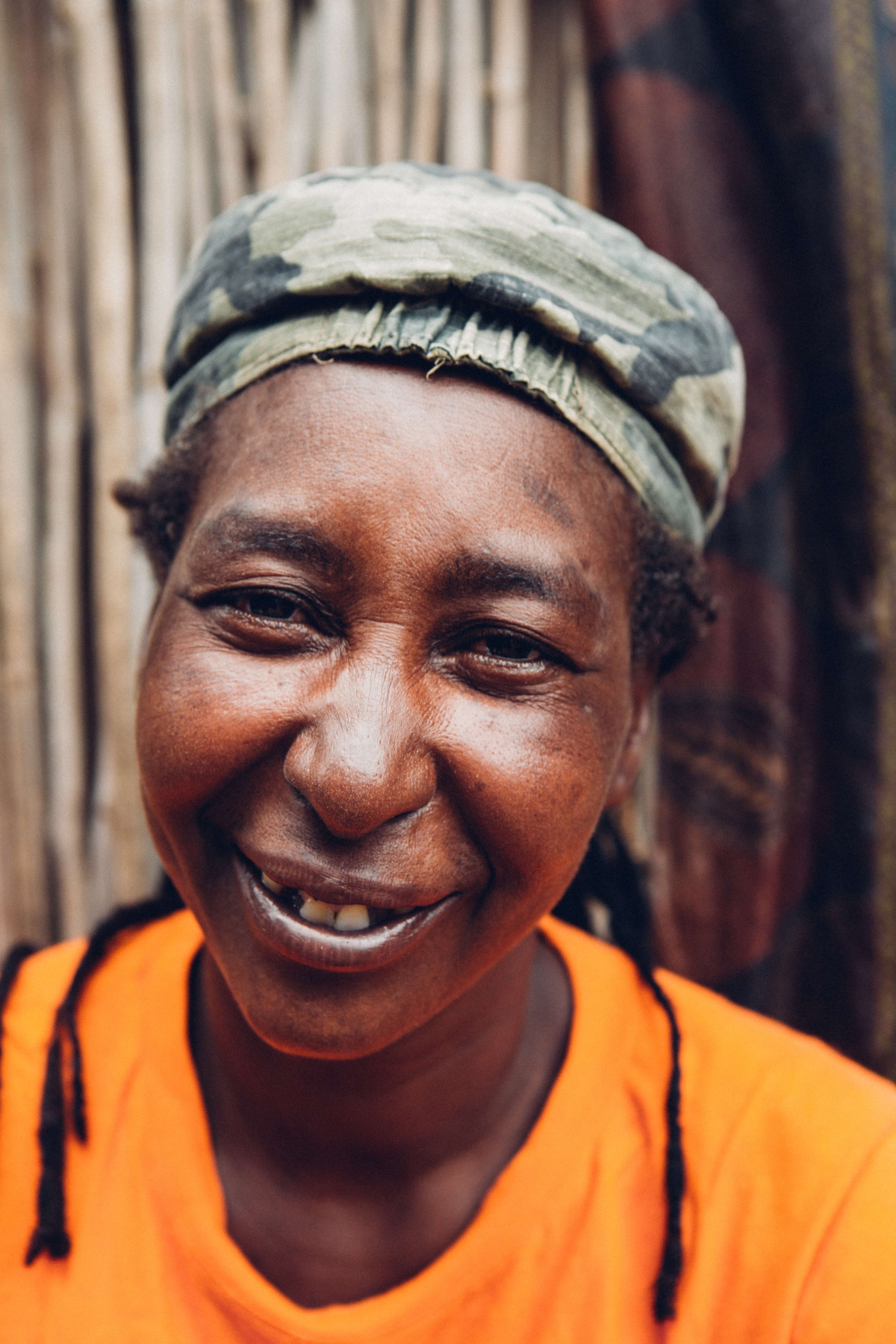Kenya: ‘Nobel’ Winner Donates SH1 Million
A Form Two student, who won Sh1 million, last year, has donated the money to a centre that fights Female Genital Mutilation.
Teresa Cheptoo, 16, from Pokot, won the cash after being crowned Nobel Prize winner in the children’s category. She won the prestigious award due to her advocacy against female circumcision. The winners were picked in New York, US.
On Monday, Cheptoo, who attends Limuru Girls’ Secondary School, hosted more than 1,200 girls from schools in the larger West Pokot district and taught them the importance of not being circumcised. She said the practice had led to a high school drop-out rate among girls from the area. Female circumcision is illegal in Kenya but some communities are yet to abandon it.
About 1,500 girls from Pokot drop out of school every year to get married after being circumcised.
Monday’s celebrations were at Chelombai Primary School in Chepareria Division and were marked with songs, poems and talks whose common theme was anti-FGM.
Cheptoo donated the money to Kipkomoa Advocacy Workshop for Girl Child in West Pokot District, a centre that is about 20 kilometers from Kapenguria Town.
The majority of West Pokot girls who undergo the cut get married soon after they heal.
Last year, a chief from Sok area was attacked and seriously injured after he tried to stop a girl’s parents from marrying her off.
A similar incident happened in Sigor, where elders attacked a chief after he insisted that a girl who was to married off had to return to school.
Buy desks
Area Kenya National Union of Teachers chairman William Riata said the union had spent Sh300,000 on desks in various schools to encourage girls remain in schools.
He also said the union had started building a library at Chepareria trading centre.
Mr Riata called on the Government to be tough on parents who married off their young daughters.
Speaking separately, Kapenguria member of Parliament Julius Murgor said only education could get the community out of cattle rustling, which also encouraged early marriage.
Young men who raid neighbouring communities for cattle use the stolen animals to pay bride price.
By Geroge Omonso
Source: Allafrica.com – 18 August 2008

